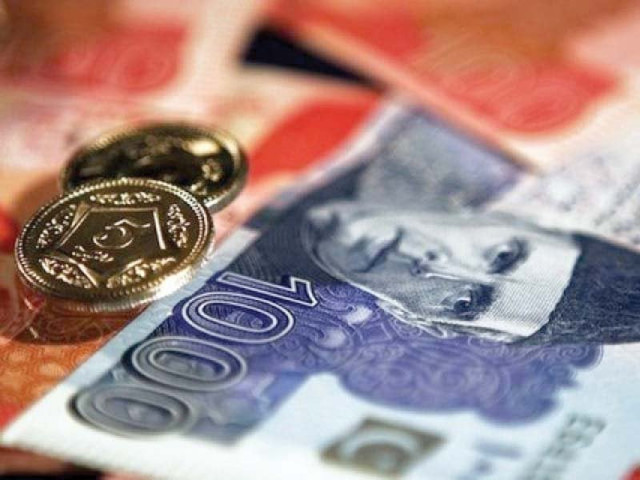Group taxation relief: Government under pressure to withdraw proposed restrictions
Analysts say proposal will damage corporatisation, encourage fragmentation

In budget 2016-17, the federal government has proposed to impose restrictions on big businesses, limiting their relief in taxation on inter-corporate dividend income. PHOTO: FILE
In budget 2016-17, the federal government has proposed to impose restrictions on big businesses, limiting their relief in taxation on inter-corporate dividend income and the right to exchange group’s losses with profits of the subsidiaries. The proposal is aimed at generating over Rs4 billion in additional taxes for the Federal Board of Revenue (FBR).
Pay tax? No thanks
However, analysts and lobby groups of big firms say that damages will be far greater than the additional revenue FBR will generate. They say it will encourage fragmentation in big firms.

There is a pressure on the government to withdraw these restrictions in the budget windup speech, which the finance minister is expected to give on either Thursday or Friday. The holdup in the speech is being caused by the delay in finalisation of budget recommendations by Senate Standing Committee on Finance.
However, Finance Minister Ishaq Dar told The Express Tribune that he has not yet made any decision whether to withdraw the proposed restrictions.
The Overseas Investors Chamber of Commerce and Industry (OICCI) has also written a letter to the finance minister, requesting him to review the decision, along with various other lobby groups who are pushing for these measures to be discarded.
The concept of group taxation and group relief was introduced in the Finance Act 2007 through amendments in section 59-B following a detailed study carried out by a Task Force led by the then Chairman FBR.
This was an important initiative for Pakistan’s taxation system and economy aimed at streamlining the group ownership structure and centralising the cross-company ownership structure to make the corporate sector international competitive.
Pakistan agrees to slap billions in new taxes
“The fear is that these restrictions will discourage corporatisation,” said PTI’s Member National Assembly Asad Umar during a meeting of National Assembly Standing Committee on Finance.
The OICCI has proposed that the amendments that have hit this group relief hard should be withdrawn and that tax exemption on inter-corporate dividends should continue. If the government does not reverse its decision, sister companies will pay the dividend tax twice.
The OICCI wrote that imposing restrictions is a case of levying more taxes on the compliant tax sector and defeats the whole purpose of encouraging formation of large entities with resources to promote diverse investment in the country.
It also said that the proposal, to restrict the right to surrender losses within a group to the percentage holding of the group in the entity surrendering the losses, is not in line with the concept of group taxation under the international acceptable norms. This is a major deviation from the present scheme and should therefore not be implemented, it added.
The FBR has also disallowed depreciation and business losses in post-tax holiday period, which will also erode profits of the companies.
In yet another hit on the big companies’ profits, the federal government has proposed changing the income tax calculation method for collecting super tax from big businesses and high net worth individuals, imposed to meet financing needs of temporarily displaced persons (TDPs) and the security establishment.
The government has disallowed adjusting business losses and cost of depreciation of plants and machinery against the company’s current year’s income. This change in definition would generate an extra Rs10 billion, increasing the total super tax collection to roughly Rs35 billion.
Published in The Express Tribune, June 16th, 2016.



















COMMENTS
Comments are moderated and generally will be posted if they are on-topic and not abusive.
For more information, please see our Comments FAQ